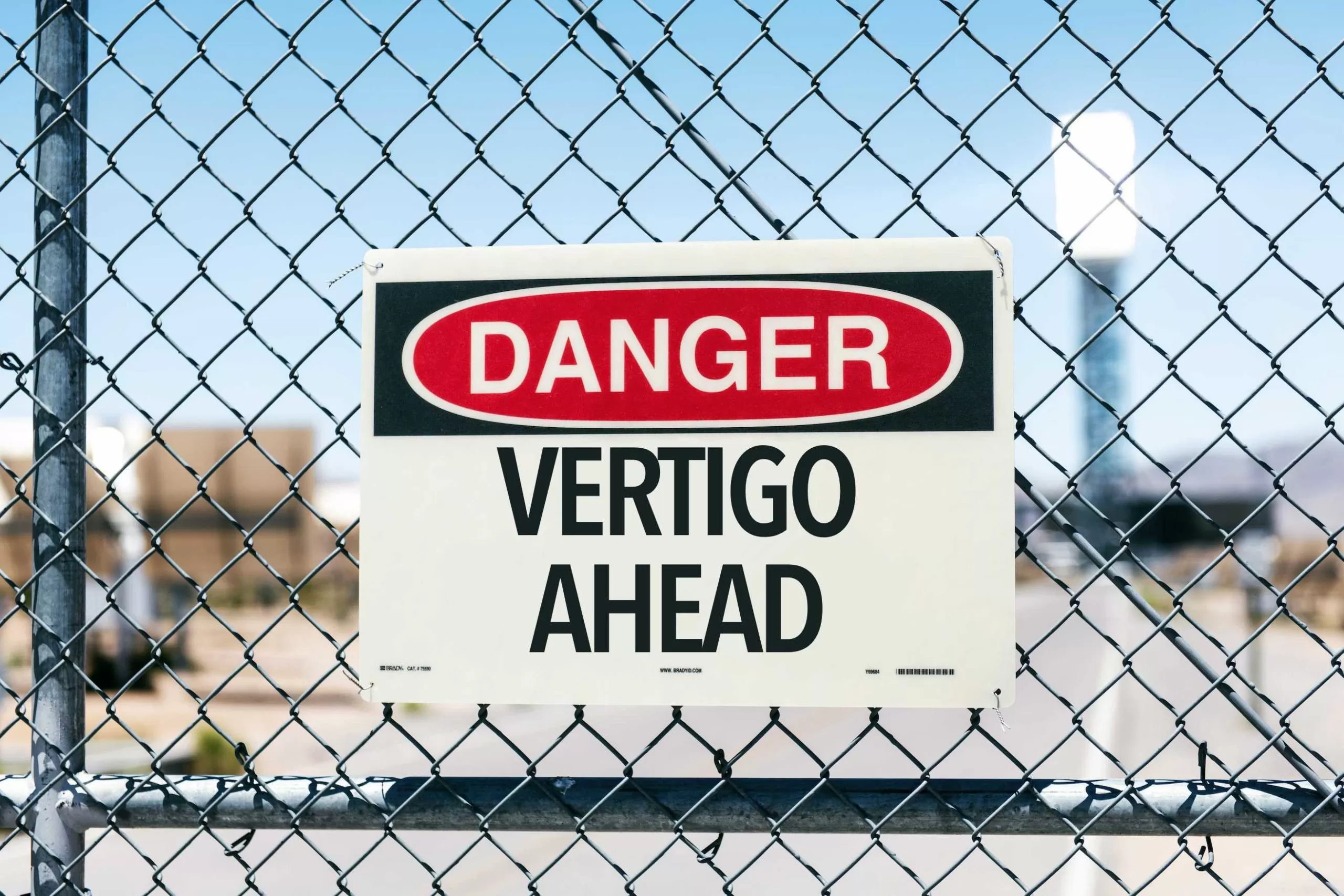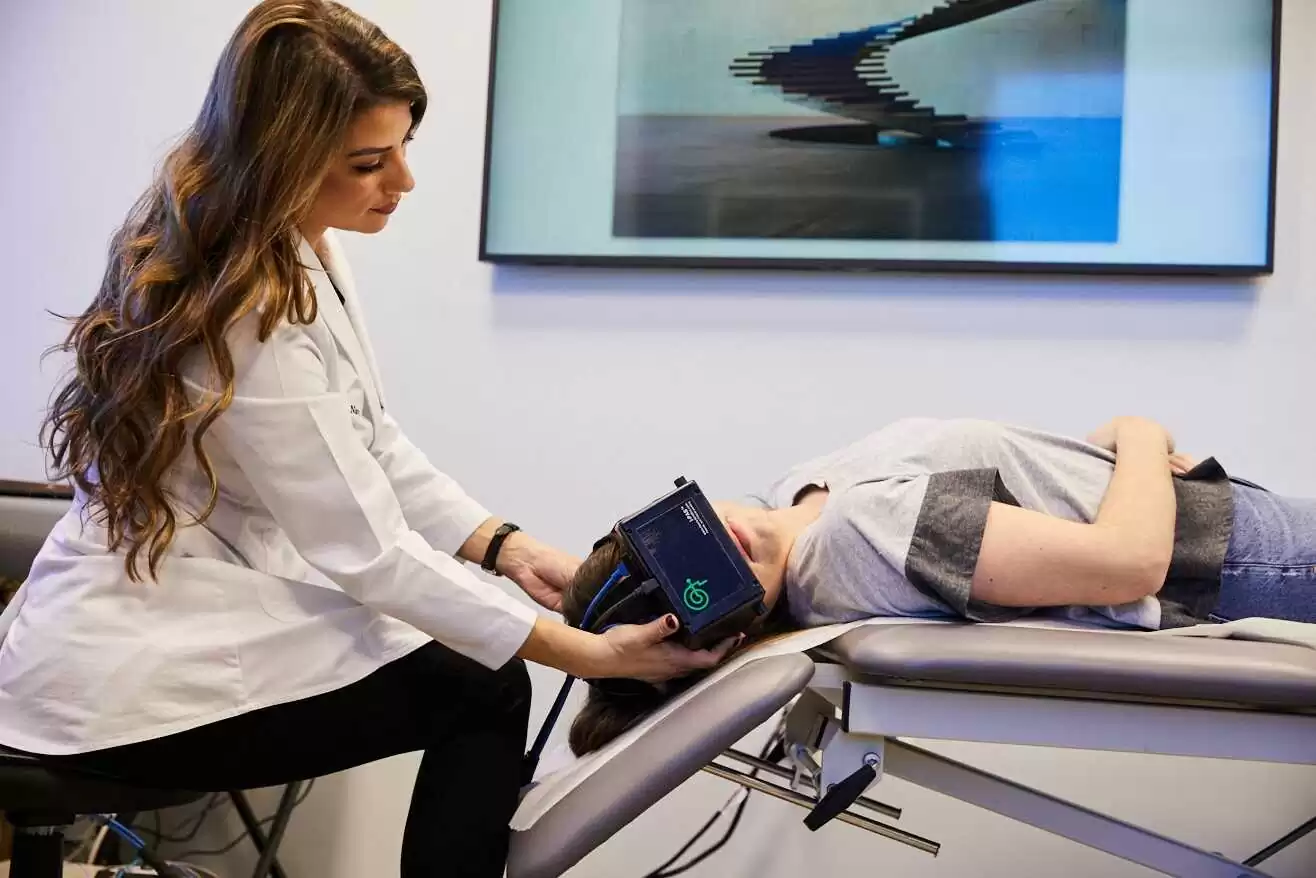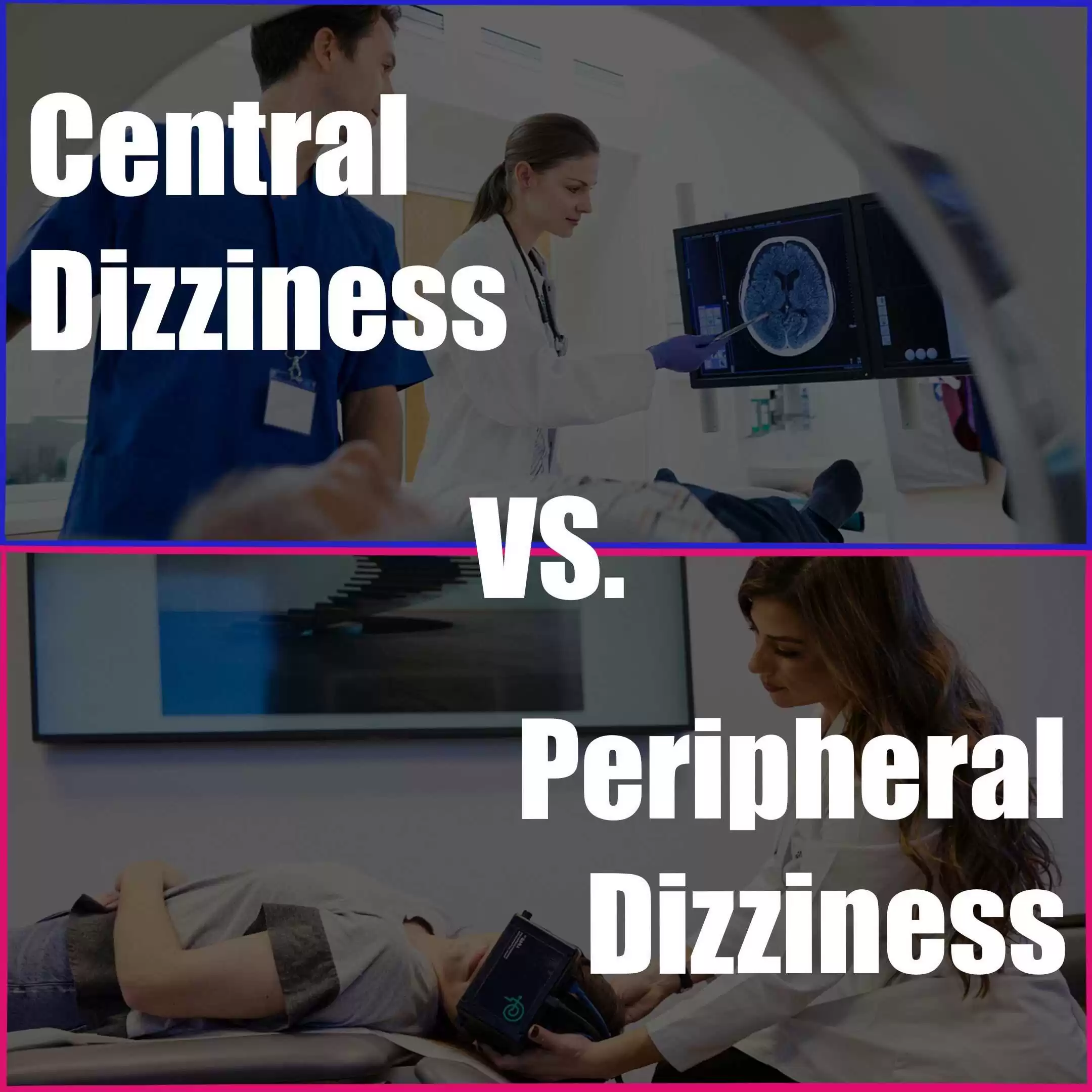Balance Disorders


Meniere’s Disease Basics: What is Meniere’s Disease?
READ MORE
3 Dangers of Leaving Your Dizziness Untreated
It's easy to put off getting treatment for your dizziness. You think to yourself, "Maybe it'll go away on its own." You procrastinate. Days pass. Weeks pass. Months pass. And you don't get any better. Finally, you decide to visit your primary care doctor. They say you're otherwise healthy, you get some anti-dizzy pills and are sent home. Those don't work. And you're back at square one, leaving your dizziness untreated. You know something must be wrong. You see specialist after specialist...everything is normal. Now what?
READ MORE

Labyrinthitis Treatment – From Diagnosis To A Better Life
Labyrinthitis Treatment is a straightforward process with effective results. However, the challenge is actually arriving at a Labyrinthitis diagnosis because Labyrinthitis symptoms mimic many other conditions. Therefore, before treating Labyrinthitis, it is imperative that we arrive at the correct diagnosis.
READ MORE

6 Strategies for Coping with Meniere’s Disease
Unfortunately, there is currently (and for the foreseeable future) no known cure for Meniere's Disease. At best, Meniere's patients can make lifestyle changes that limit the severity of symptoms. Some strategies are very tangible, while other strategies come down to mindset alone. Below is a compiled list of lifestyle changes that have shown significant effect in improving the lives of Meniere's patients.
READ MORE

4 Reasons You Should Get Your BPPV Treated Immediately
First and foremost, if you suspect (or know that you have) BPPV, then it's worthwhile to find a vestibular specialist and get it treated as soon as possible. Delays in diagnosis and treatment of BPPV can cost you more money and cause significant changes in the quality of your life and those around you. The following stats from the American Academy of Otolaryngology point to why it makes sense to resolve BPPV as soon as possible.
READ MORE

Peripheral vs. Central Vertigo – Learn the Difference
Distinguishing if the dizzy patient has Peripheral vs. Central Vertigo is the first step in helping a dizzy patient. This distinction makes all the difference in how they are treated and ultimately indicates the severity of one's situation.
READ MORE

9 Common Questions About Post-Concussion Dizziness
Concussions can happen to anyone and they are not only reserved for athletes and sports incidents. Concussions, medically referred to as mild Traumatic Brain Injuries (TBI) can happen from a car accident, fall, riding a bike or even on the playground. Unfortunately, concussions aren't like a scrape on your arm, where you can noticeably see it improve day after day. Anyone who's experienced a concussion knows the frustration of waking up everyday with the same degree of symptoms, hoping that the next day they wake up it will be gone. These prolonged effects of a concussion leave patients with many questions.
READ MORE

10 Common BPPV Questions Answered
The body's ability to balance is one of nature's most incredible developments. Although our balance system is made up of inputs throughout our body, the inner ear (vestibular system) houses the GPS of our balance. Particles called otoconia that are so microscopic you'd need more than 25,000 of them to equal an inch, get dislodged in our GPS, and cause the system to go haywire. Anyone with BPPV will tell you that these microscopic particles can have a macroscopic effect on life. Below are the questions we most often hear from BPPV patients.
READ MORE

Visual Vertigo Basics: What is Visually-Induced Dizziness
Who doesn't dread going to a crowded supermarket, airport, or shopping mall? They're noisy, cluttered, and an overall hassle. But for those with visual vertigo, it's more than just an inconvenience. It's an over-stimulating nightmare. Visual Vertigo or Visually-Induced Dizziness (VID) is exactly as it sounds: dizzy symptoms spurred on by visual stimulus. Busy environments, flashing lights and crowds of people are the places that VID patients are quick to avoid.
READ MORE
See how we can help you!
You deserve the time and resources to tell your story; we understand how scary vertigo and dizziness related symptoms can be. Let us provide you an optimal diagnosis and treatment plan to get you better.
Book Appointment